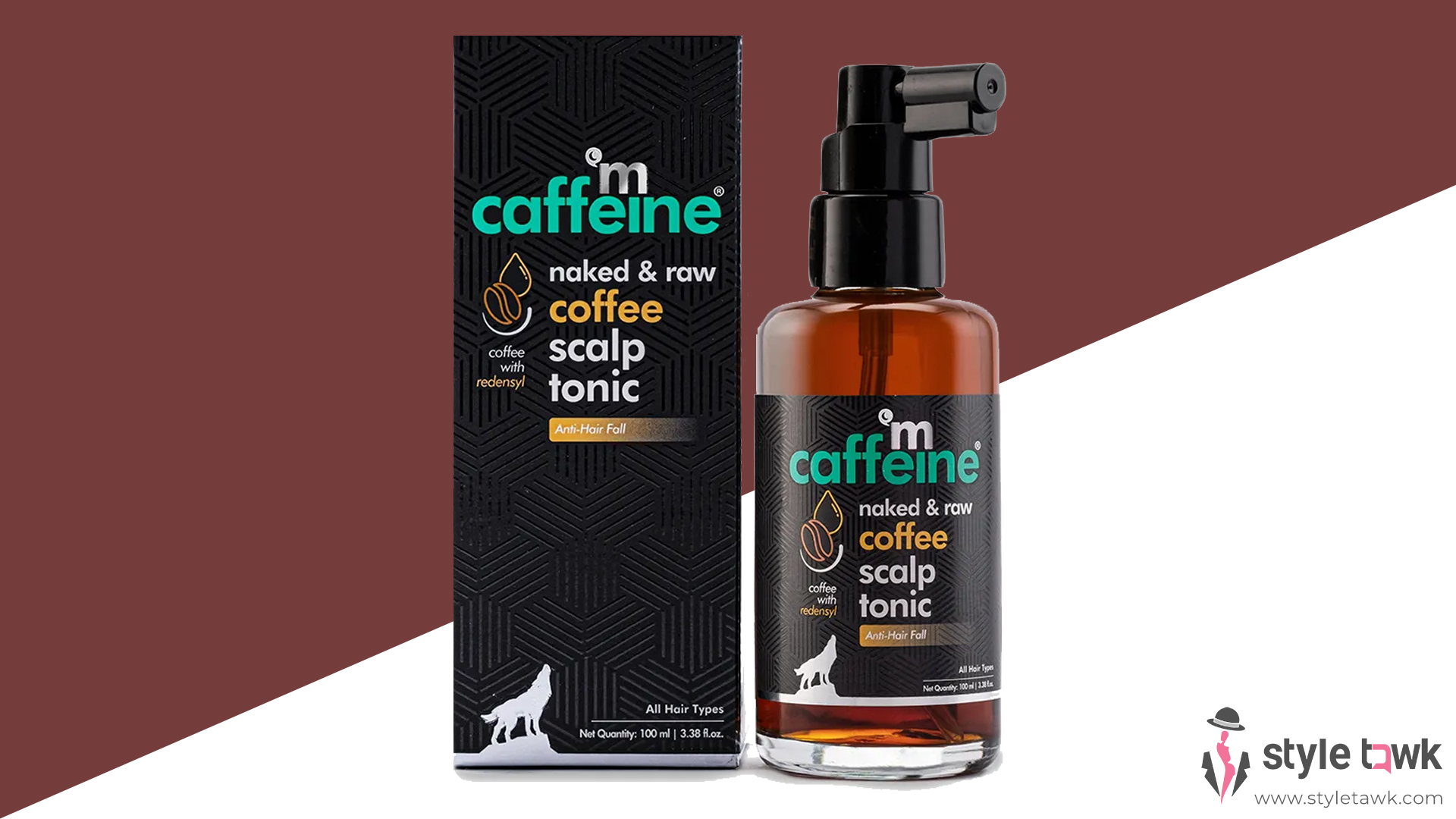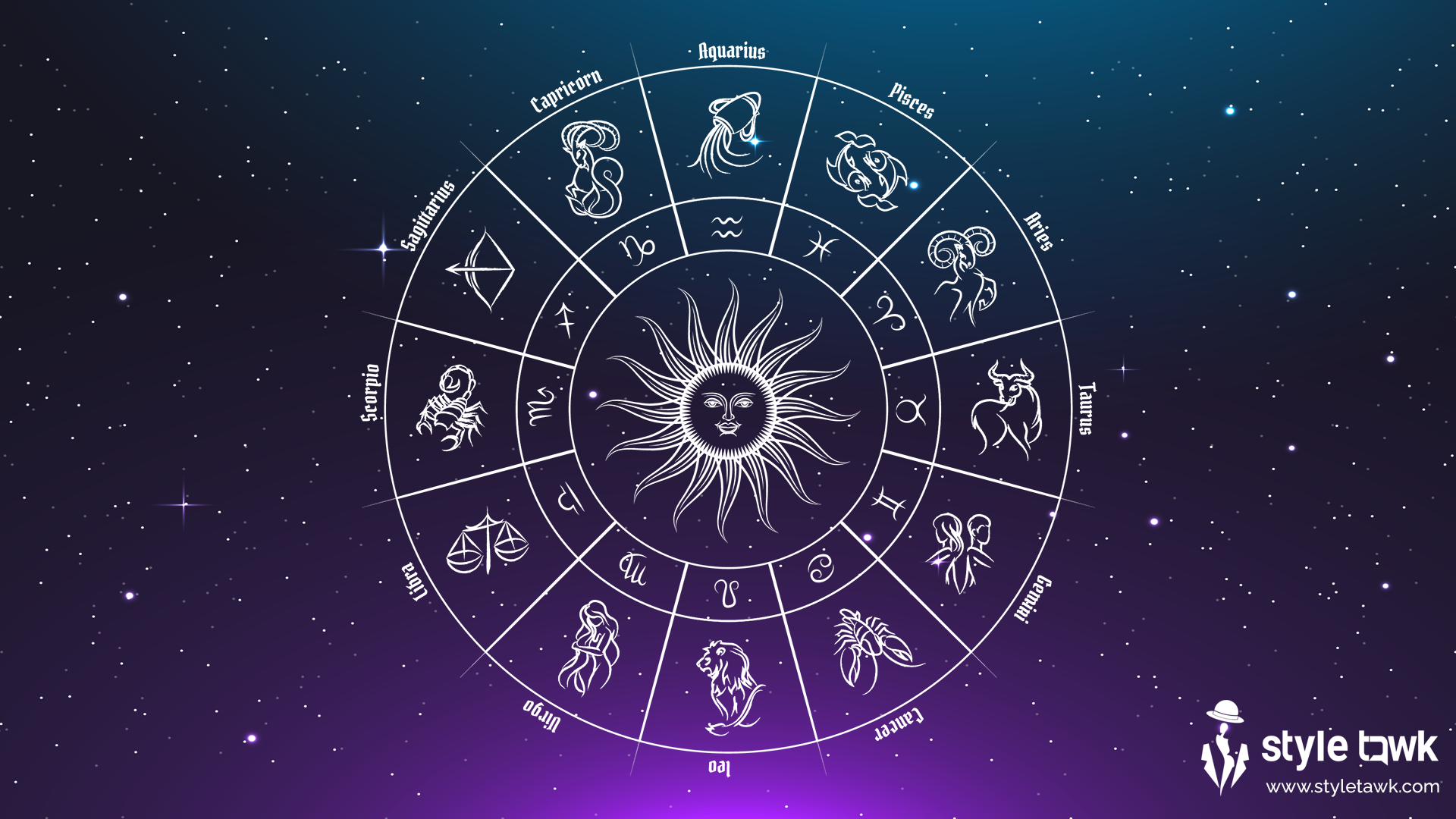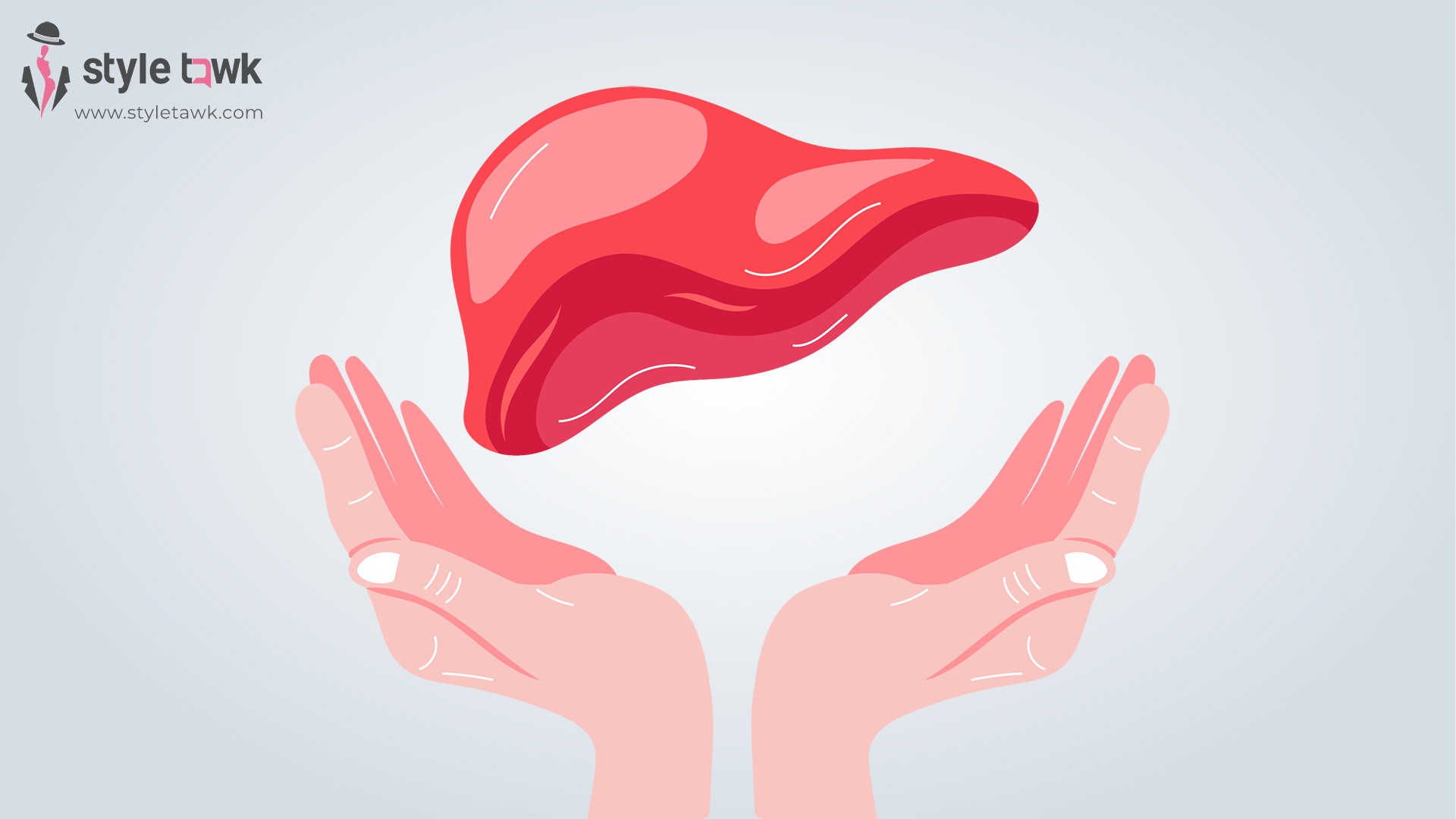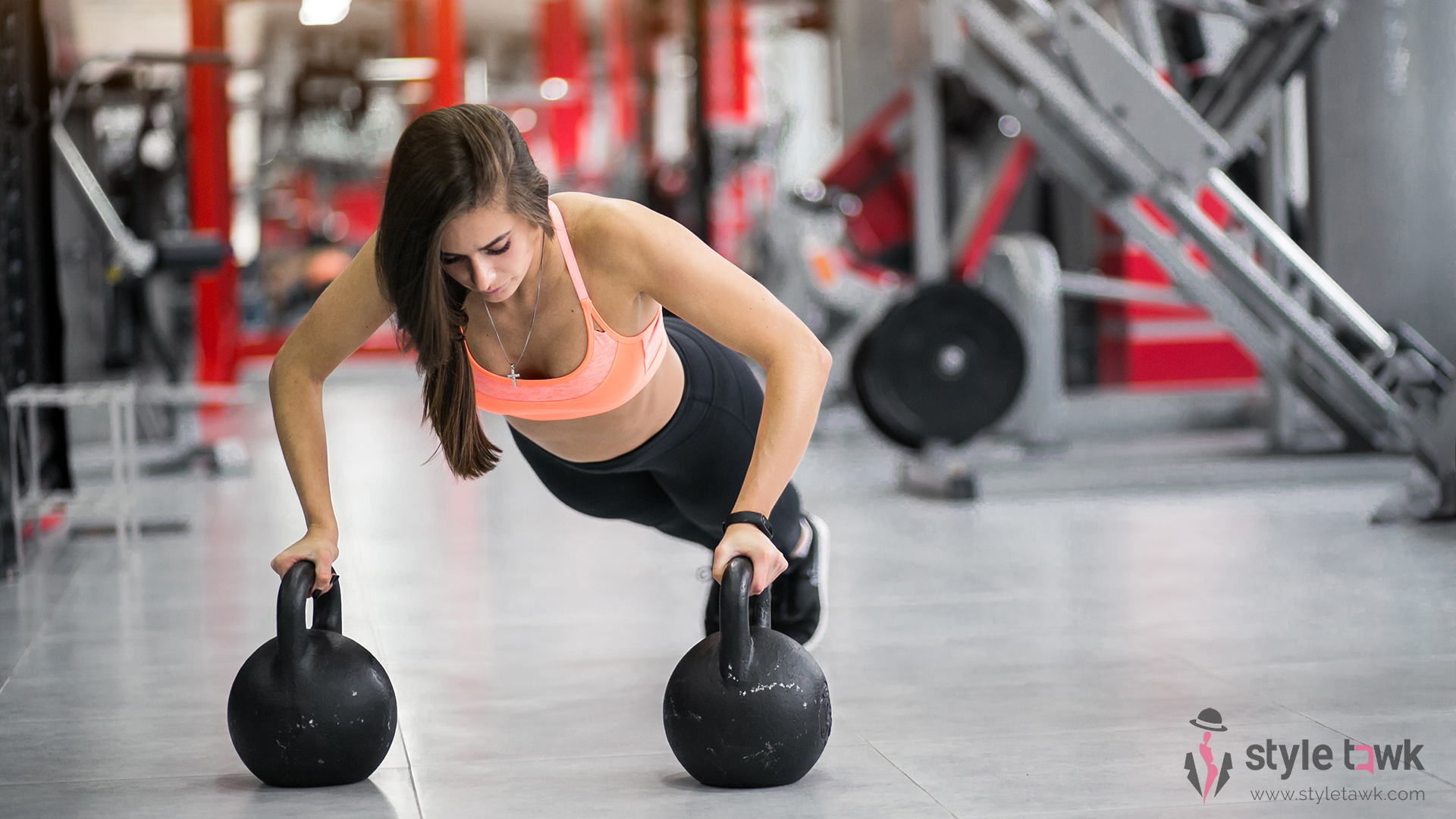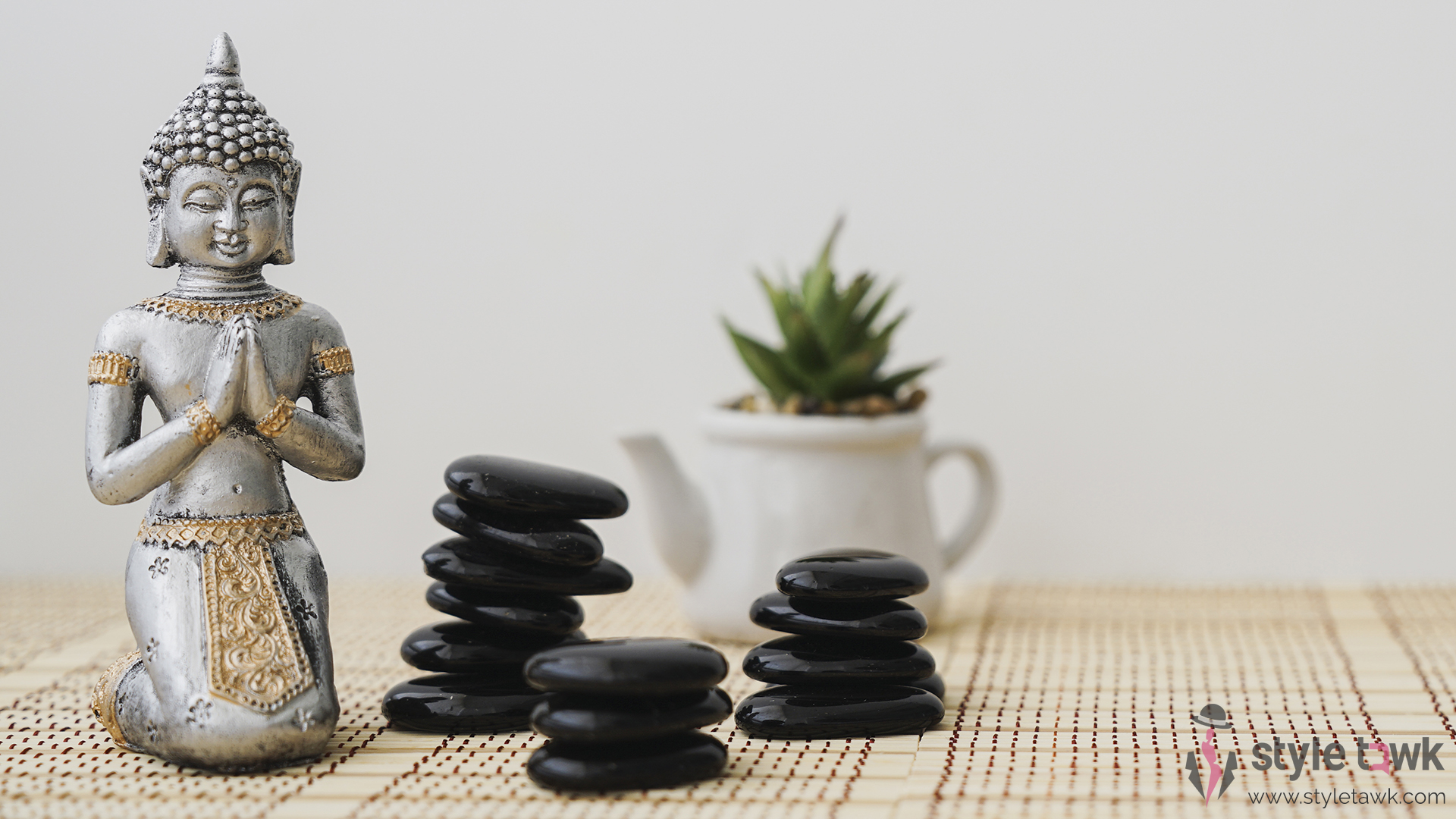Protein is an essential building block of bones, muscles, cartilage and skin, and the body uses it to build and repair tissues. Red blood cells contain a protein compound that carries oxygen throughout the body, and this helps supply your entire body with the nutrients it needs. About half the dietary protein we consume daily goes into making enzymes, which aid in digesting food and making new cells and body chemicals. Protein also plays a vital role in hormone regulation, especially during the transformation and development of cells during puberty.
Lack of protein, a common worry concerning vegetarian and vegan diets, may lead to several health issues. However, many experts agree that a well-planned meatless and eggless diet can provide all the nutrients you need, including protein. Recent research has shown that certain plant foods contain significantly more protein than others.
1. Peanut Butter
100 grams: 25 grams Protein
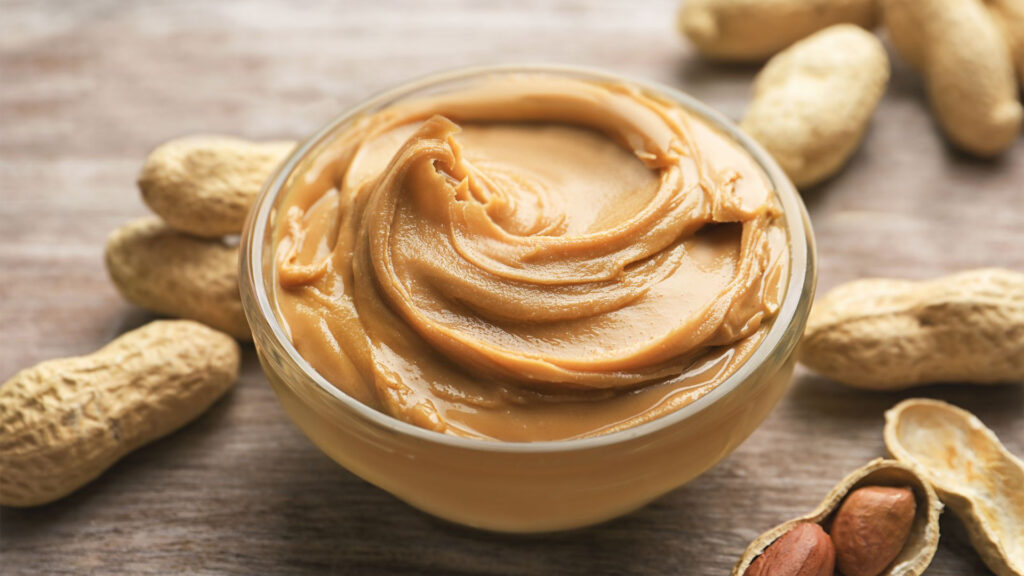
For vegetarians trying to increase their protein intake, peanut butter can be an excellent choice because of its richness in heart-healthy fats and decent protein content.
Peanut Butter contains a range of nutrients that may offer health-boosting benefits. However, it’s crucial to check the label when buying peanut butter. Many brands today add ingredients like sugar, vegetable oil, and trans fats that can reduce their nutritional value.
A 100 grams serving of peanut butter contains around 25 grams of protein and 26 grams of Monounsaturated fat all within 600 calories.
Besides being a good source of protein, peanut butter is also rich in omega-6 fatty acids, Vitamin E, Vitamin B3 (niacin), Vitamin B6, Folate, Magnesium, Copper, and Manganese.
Caution: Although the majority of the fat in peanut butter is reasonably healthy, peanuts also include some saturated fat, which, if consumed in excess over time, can cause heart problems.
2. Paneer (Cottage Cheese)
100 grams: 20 grams Protein
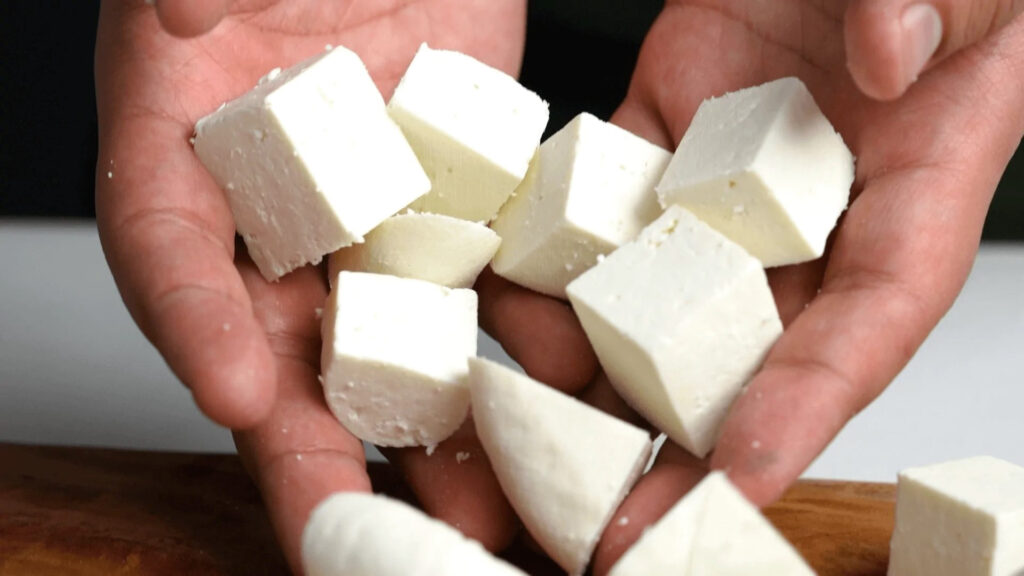
If you are a vegetarian, cottage cheese is your best bet to get protein. Cottage cheese or paneer is rich in casein protein, keeps you full for longer, is filling and at the same time delicious, and there are many ways to make mouth-watering Indian dishes with it. In 100 gm of paneer, you can get 20 gm protein with a calorie count of 265 calories.
3. Pumpkin Seeds
100 grams: 19 grams Protein
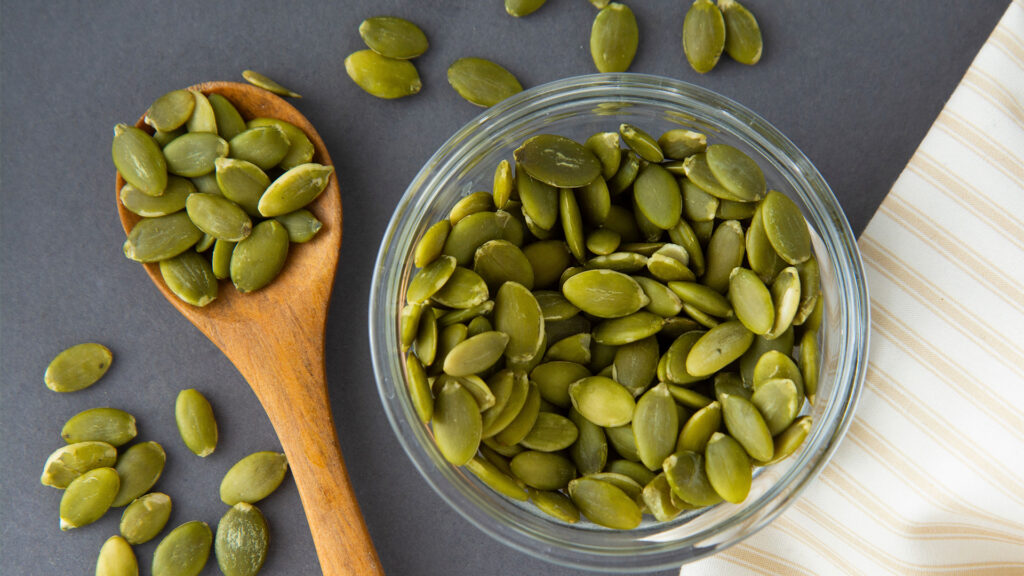
People worldwide have started using pumpkin seeds in everything they consume, including granola, rolled oats, and smoothies. These seeds can be roasted and eaten on their own as a snack. With their high protein and fibre content, a handful of pumpkin seeds can keep you full for a long and rev up your metabolism. A quarter-cup of pumpkin seeds can have up to 10 gm of protein, with a fat content of 16 gm and a calorie count of 180 gm.
4. Chia Seeds
100 grams: 17 grams Protein
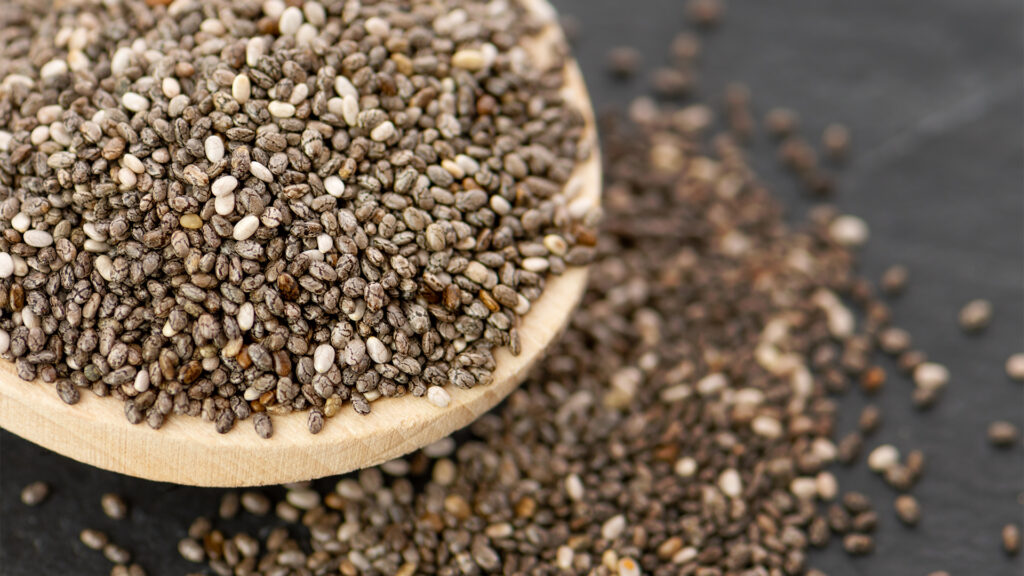
Chia seeds are the edible seeds of Salvia hispanica, a flowering plant in the mint family, which is native to Mexico and Guatemala. With 17 grams of protein and 35 grams of dietary fiber per 100 grams of serving, chia seeds deserve their spot on the list of top plant-based proteins.
Chia seeds contain high levels of iron, calcium, selenium, and magnesium, as well as omega-3 fatty acids, antioxidants, and other beneficial plant compounds.
Thanks to their mild taste Chia Seeds can be easily added to various recipes, ranging from smoothies to baked goods to chia pudding.
5. Curd
100 grams: 15 grams Protein
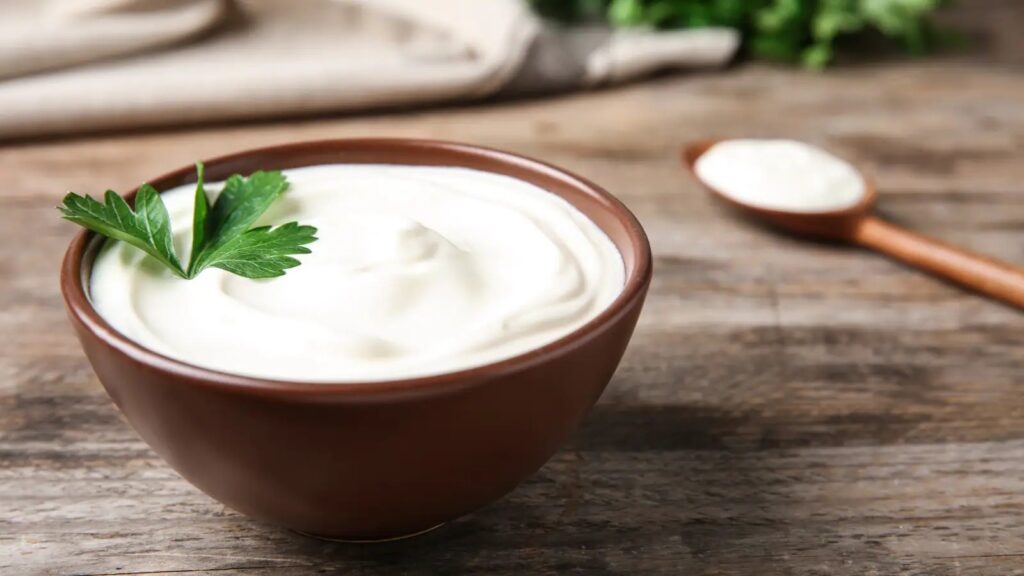
Curd is high in protein, boosts metabolism, and ensures you have a good night’s sleep. You can get up to 15 gm of lean protein per 100 gm and also a good dose of probiotics, minus the extra calories.
6. Green Peas
1 cup: 8.6 grams Protein
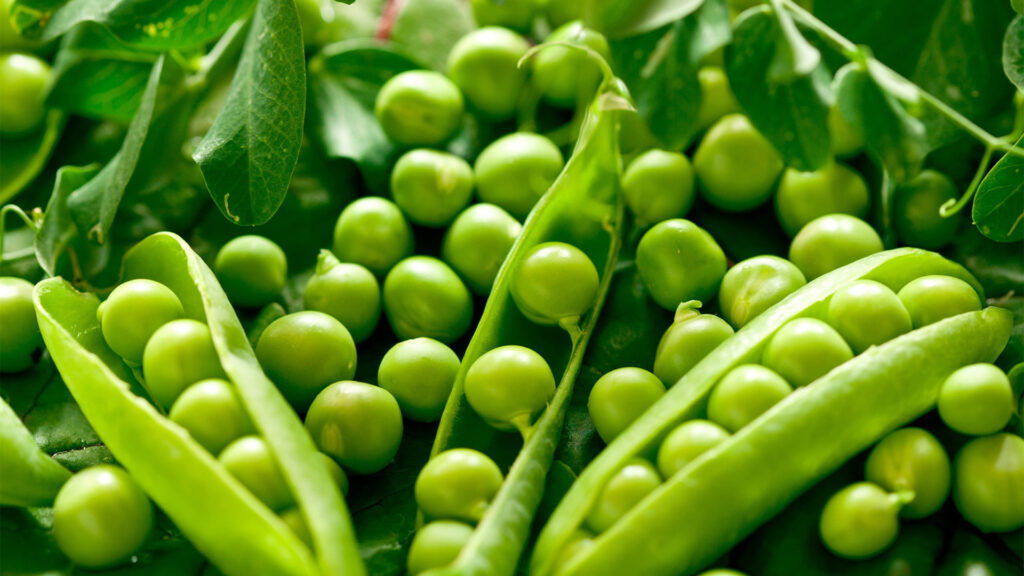
Green Peas are an excellent source of plant protein, making them an ideal alternative to animal protein. A cup of green peas can contain up to 9 gm of protein, 9 grams of dietary fibre with just 25 gm of carbs, and all within 135 calories.
Green Peas are beneficial for heart and gut health, and they are a good blood sugar stabilizer as well.
7. Hummus (Chickpeas)
100 grams: 7.9 grams Protein
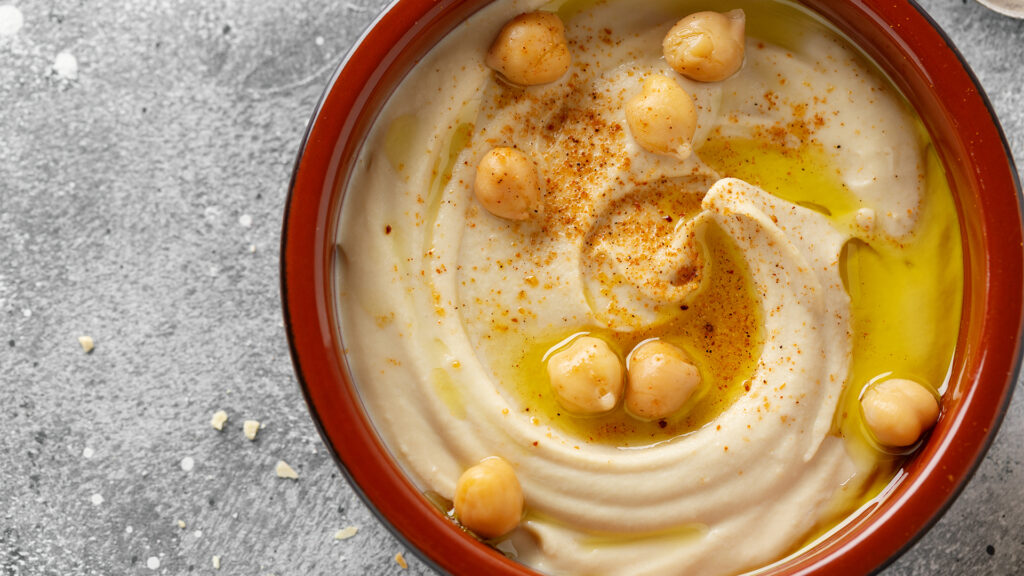
Made from chickpeas, Hummus is a good source of protein and good for weight loss. A recent study revealed that people who consumed Hummus regularly were well within the recommended healthy weight range. A 100-gram serving of Hummus packs 7.9 gm of protein with 160 calories.
Hummus is a delicious and nutritious plant-based alternative to animal protein.
8. Soy Milk
1 cup: 7 grams Protein
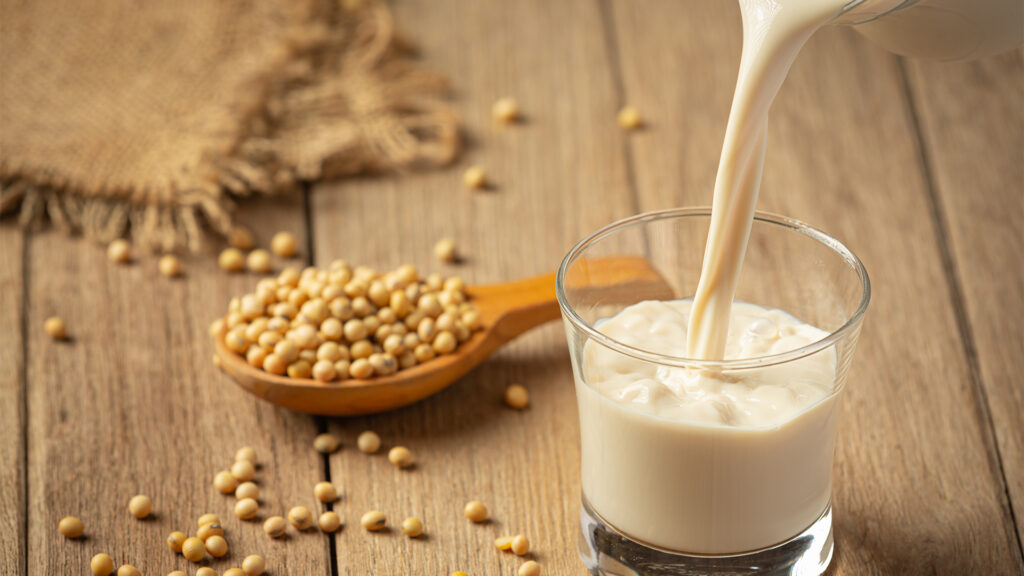
Soy Milk is made from soybeans and is usually fortified with vitamins and minerals. It can be a great alternative to dairy milk for those who are lactose intolerant or avoid dairy. A per-cup (250 mL) serving contains around 7 grams of protein. It’s also an excellent source of calcium and vitamin D
Caution: Soy milk available in most supermarkets may contain added sugar, so it’s best to opt for unsweetened varieties whenever possible.
9. Spinach
1 cup: 5.2 grams Protein
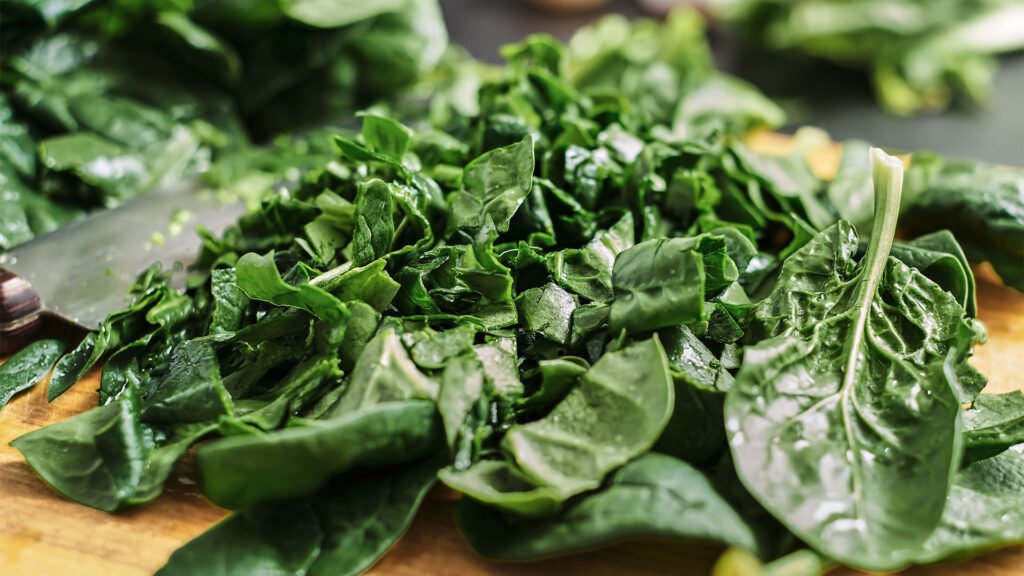
Spinach is one of the most nutrient-dense leafy green vegetables a person can eat. Besides being rich in protein, Spinach is a rich source of nutrients like vitamin A, vitamin C and vitamin K, which support a healthy immune system, protect vision, promote healthy blood flow and more. Spinach contains plant compounds that can increase antioxidant defence and reduce inflammation.
10. Avocado
1 cup: 4.6 g protein
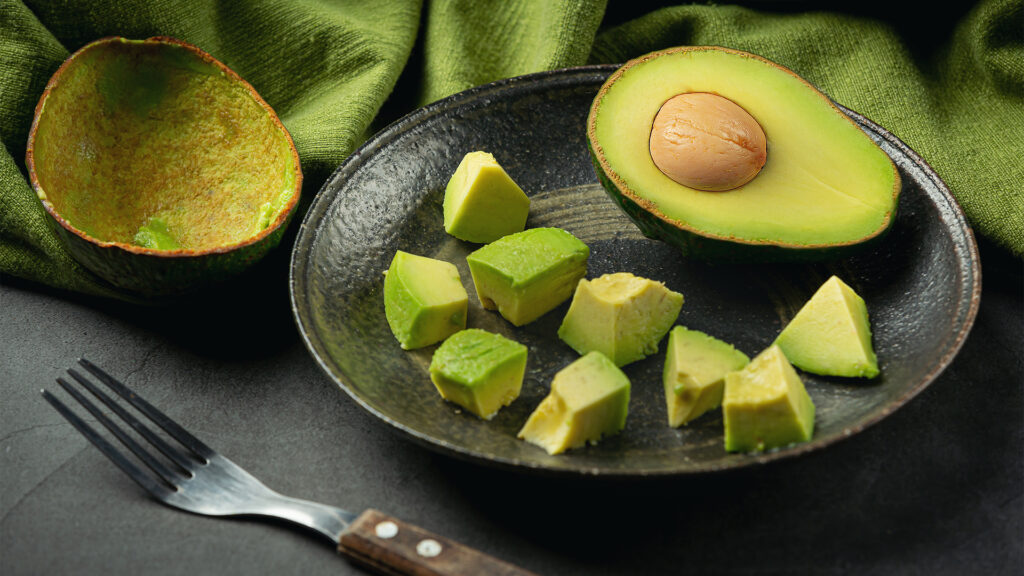
Avocados are extremely popular among health and wellness experts because they’re highly nutritious and have been linked to several health benefits. There are so many reasons to enjoy avocados, from helping with weight loss to boosting your heart health. Along with protein, avocados are a good source of potassium, fibre, vitamin C, vitamin E, Vitamin K, Riboflavin (B2), Niacin (B3), Pantothenic acid (B5), Pyridoxine (B6) and Folate.



